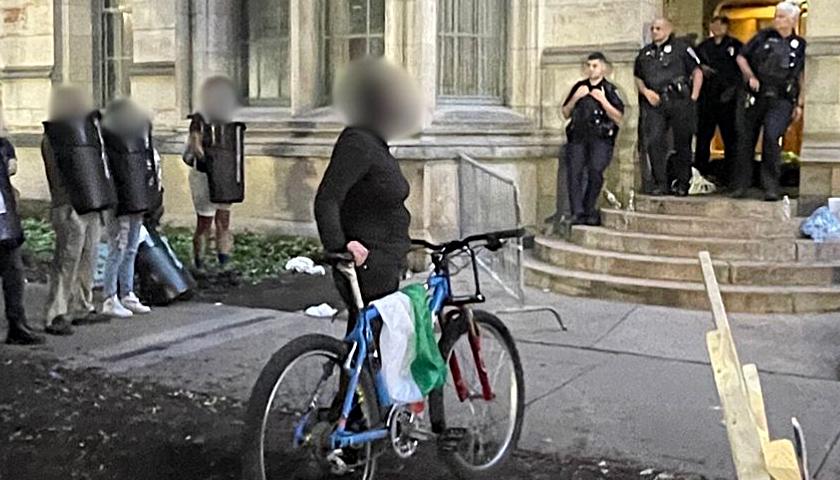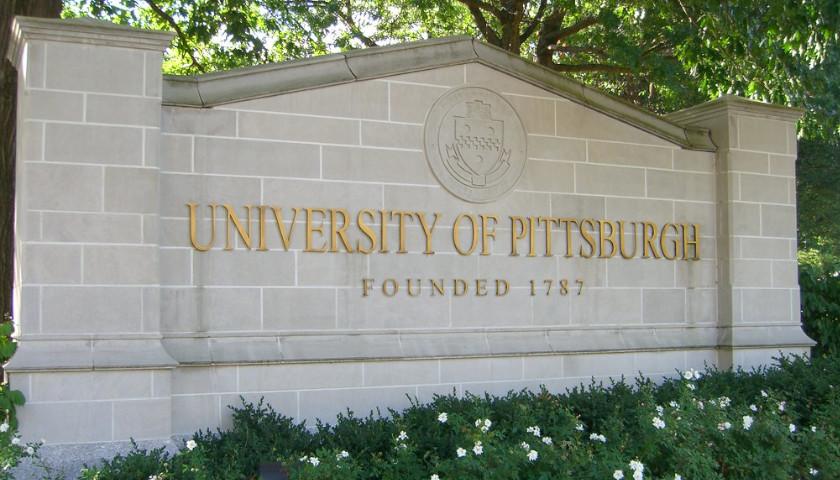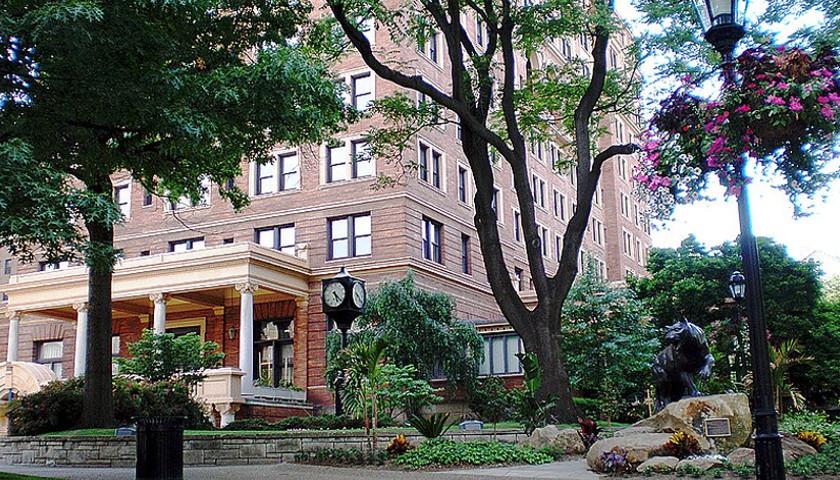by John Solomon
University of Pittsburgh School of Medicine researchers report they have identified a tiny antibody molecule that neutralizes the COVID-19 virus in animals, and have used it to create a potential breakthrough drug that could treat and prevent the disease.
The researchers reported Monday in the journal Cell that the experimental drug Ab8 was highly effective in preventing and treating COVID-19 infections in mice and hamsters and has characteristics that could make it successful in humans.
The antibody component is tiny enough to absorb into tissue or be administered by an inhaler, and does not bind to human cells in ways that could cause adverse reactions, the scientists said after testing with the University of North Carolina at Chapel Hill, the University of Texas Medical Branch at Galveston, the University of British Columbia and the University of Saskatchewan.
“Ab8 not only has potential as therapy for COVID-19, but it also could be used to keep people from getting SARS-CoV-2 infections,” said co-author John Mellors, head of the Division of Infectious Diseases at UPMC. “Antibodies of larger size have worked against other infectious diseases and have been well tolerated, giving us hope that it could be an effective treatment for patients with COVID-19 and for protection of those who have never had the infection and are not immune.”
The microscopic discovery is associated with an immunoglobulin antibody in the blood and was found by “fishing” in a pool of 100 billion potential antibody components, using the spike protein for the COVID-19 virus as bait, the researchers said.
– – –
John Solomon is a reporter at Just the News.
Photo “Medical” by U.S. Navy CC2.0





